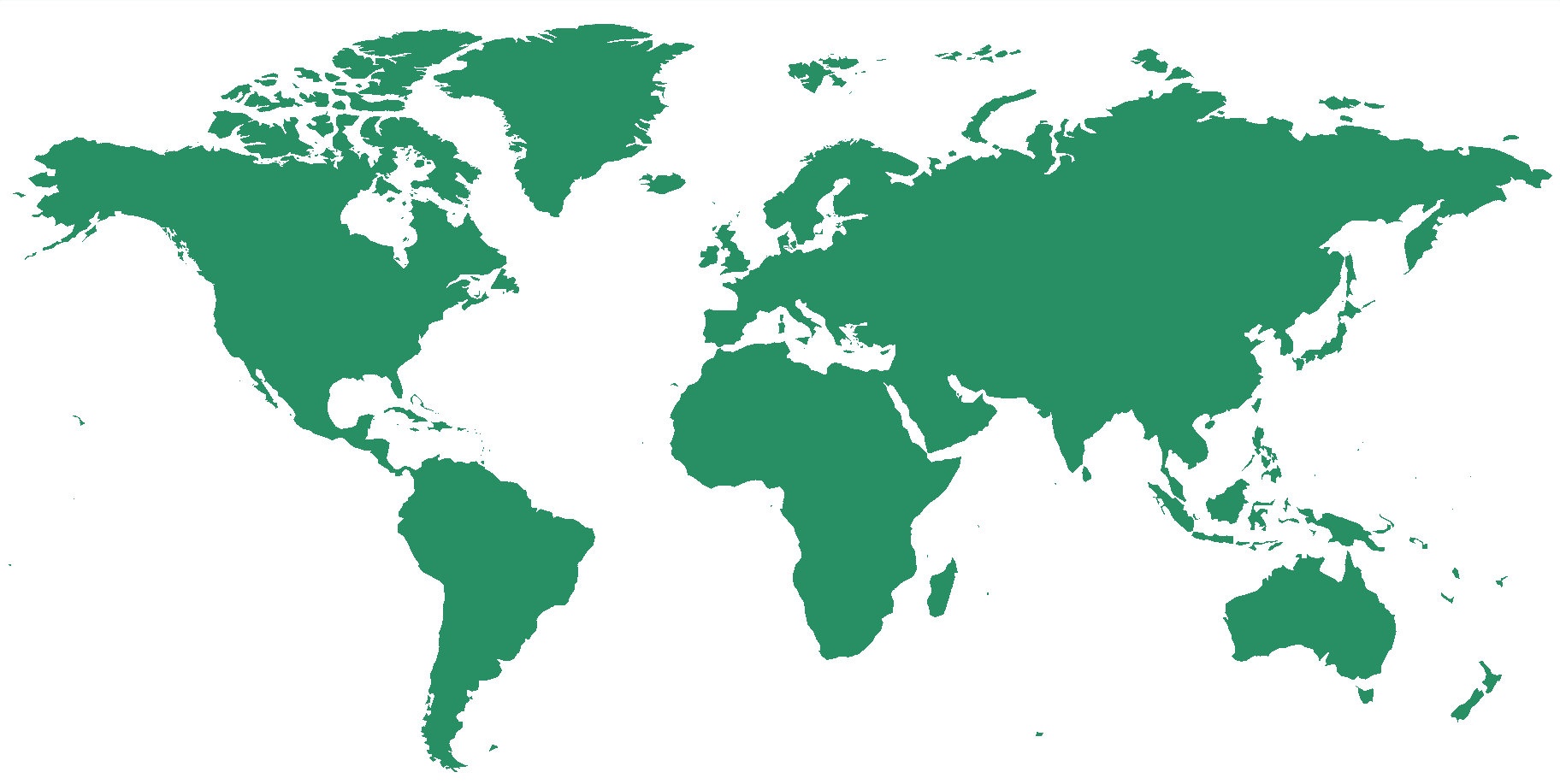Global agreement on genetic data governance
CGIAR INITIATIVES Genebanks Primary Impact Area Environmental health & biodiversity Related Impact Areas

- Result
Global agreement on genetic data governance
CGIAR’s technical support helped negotiators at COP16 agree on a mechanism for sharing benefits derived from digital sequence information (DSI).
Advocacy by CGIAR helped shape a landmark decision at the UN Biodiversity Conference (COP16) operationalizing a multilateral mechanism to share benefits from DSI. It recognizes the importance of non-monetary benefits and allows for continued open access to data. Payment obligations are based on companies’ sales in relevant sectors, without tracking and tracing DSI use in specific commercial products. While this is a major step forward, further action is needed to develop a truly robust, efficient, fair and equitable system.
There is no internationally agreed definition, but digital sequence information (DSI) broadly refers to detailed genetic data obtained by sequencing plant, animal, fungi and microbial genomes—the complete set of DNA instructions unique to each species.
This powerful tool allows researchers to pinpoint genes associated with the expression of desirable or undesirable characteristics in organisms, accelerating the development of new animal breeds and crop varieties.
Genebanks also use DSI to better understand what makes samples distinct or valuable, helping them conserve and share material more effectively.
The international community has developed rules to ensure that some of the commercial benefits from using genetic resources flow back to those who developed or conserved such resources in natural or agricultural ecosystems.
But existing benefit-sharing systems were designed for physical materials and cannot easily be applied to digital information shared online.
The UN Biodiversity Conference (COP16) in Cali, Colombia, offered an opportunity to address this gap. A key challenge was how to share benefits from DSI fairly and equitably without hindering agricultural or other scientific research.
CGIAR was uniquely positioned to support negotiators given its extensive experience in using DSI for crop and livestock improvement, agrobiodiversity conservation and restoration. Over the two years before the conference, CGIAR scientists and policy experts:
- submitted policy briefs explaining how DSI is used in practice
- published articles in peer-reviewed scientific journals
- participated actively in an Informal Advisory Group
- engaged ‘in real time’ in formal and informal negotiations
- organized events facilitating dialogue between scientists and policymakers.
This built on over a decade of advocacy alongside partners like the DSI Scientific Network and the Plant Treaty Secretariat. Relevant resources were also made available in a DSI library on CGIAR’s website.
These efforts helped negotiators reach agreement on operationalizing a global pooled fund—the Cali Fund—to facilitate benefit-sharing from commercial uses of DSI without negatively affecting agricultural research and development.
According to the decision, governments should encourage companies using DSI to pay to support biodiversity conservation and sustainable use in developing countries, and indigenous peoples and local communities. Payment obligations are based on companies’ sales in sectors that are generally reliant on DSI.
The agreement also acknowledged the importance of non-monetary benefit-sharing including capacity-building, knowledge exchange, and technical cooperation, core parts of CGIAR’s work which enhance national partners’ ability to benefit from and use DSI directly.
As important as what the decision included was what it left out, such as tracking and tracing uses of DSI in the development of individual commercial products, and cumbersome monitoring and reporting obligations for database providers.
The conference outcome also recognized mechanisms being developed under other international conventions, including the Plant Treaty. Without this, scientists could have faced conflicting obligations under separate agreements.
Overall, the outcome marks a major step forward in developing a robust and efficient system for sharing benefits from the use of DSI while allowing continued use of this tool to support farmers around the world.
But significant work remains. Contracting parties agreed to incentivize, rather than require, financial contributions by companies in their jurisdictions. Questions remain as to what incentives they will create, and how effective they will be, or if companies will voluntarily make payments.
A critical next step will be the Plant Treaty’s Governing Body meeting in November 2025. This meeting provides an opportunity to develop complementary arrangements to further strengthen multilateral benefit-sharing mechanisms.
The basis for requiring payments will almost certainly be different from what was created in Cali, but there are opportunities to make sure that they work in mutually supportive ways, without requiring double payments and without creating impediments to the management and use of open-access DSI.
CGIAR will continue to offer technical assistance and advice to help develop an equitable, practical system which benefits farmers and consumers in developing countries.
“The negotiations that led to the operationalization of the Multilateral Mechanism on DSI, including the Cali Fund, by COP 16 were supported by a broad base of multistakeholder engagement. CGIAR has conveyed the plural perspectives of agricultural research eloquently and made a remarkable contribution to forging consensus in Cali at the most vibrant and inclusive COP in the history of the Convention.”
Astrid Schomaker, Executive Secretary of the Convention on Biological Diversity.




